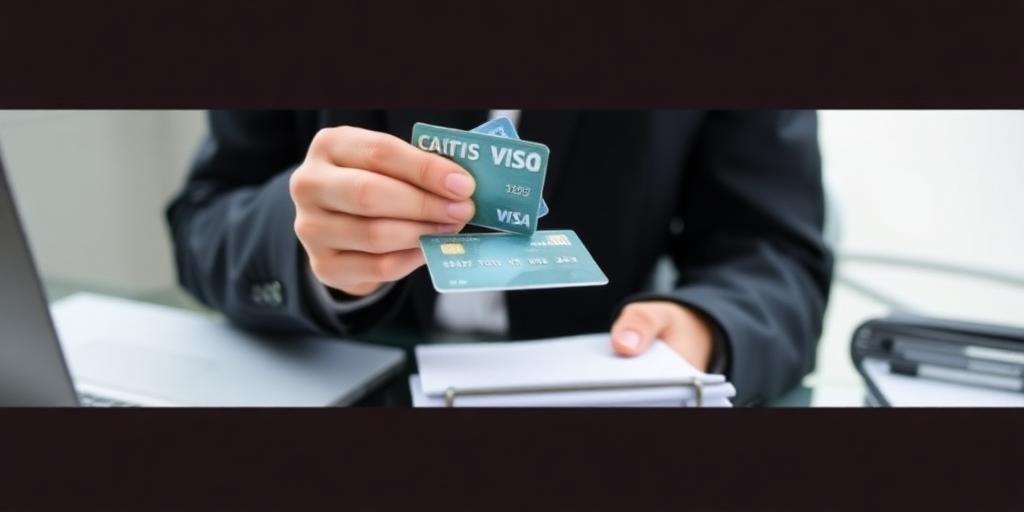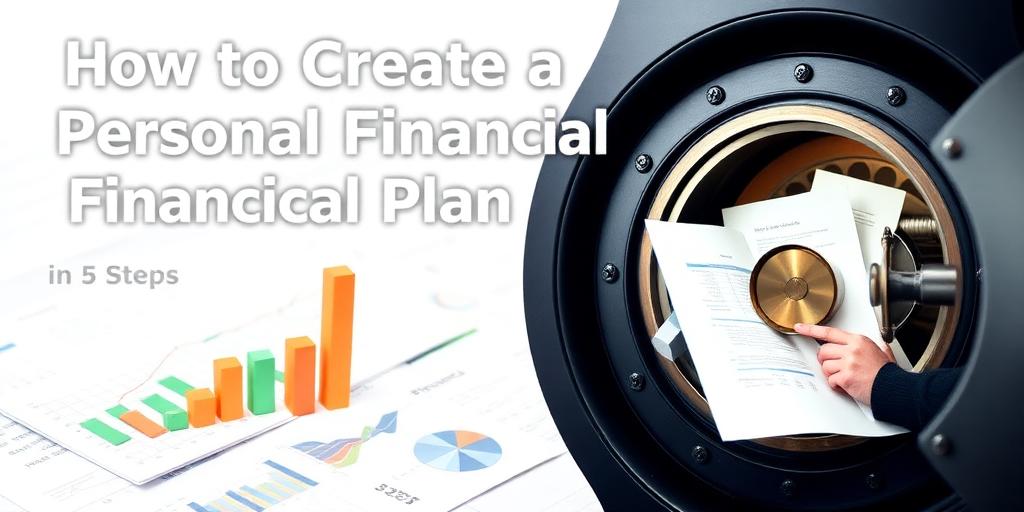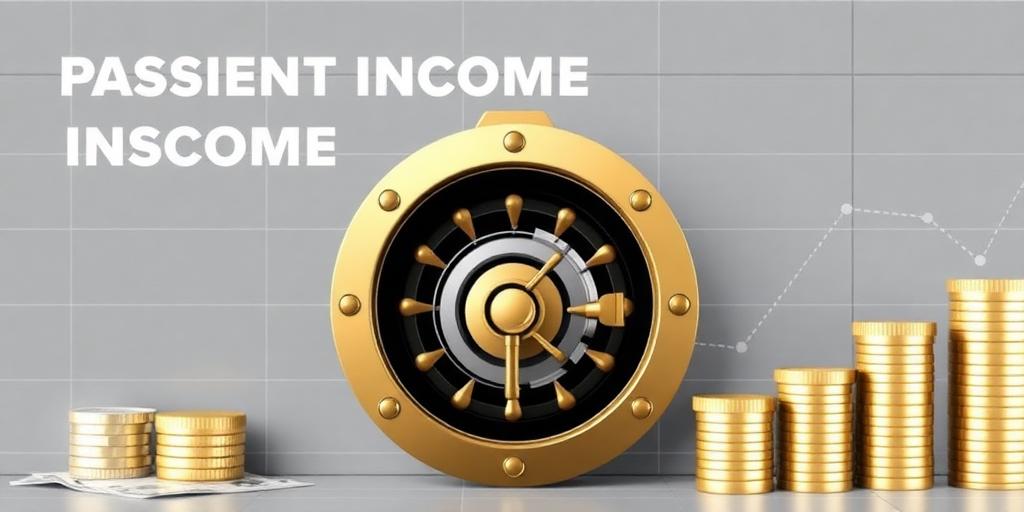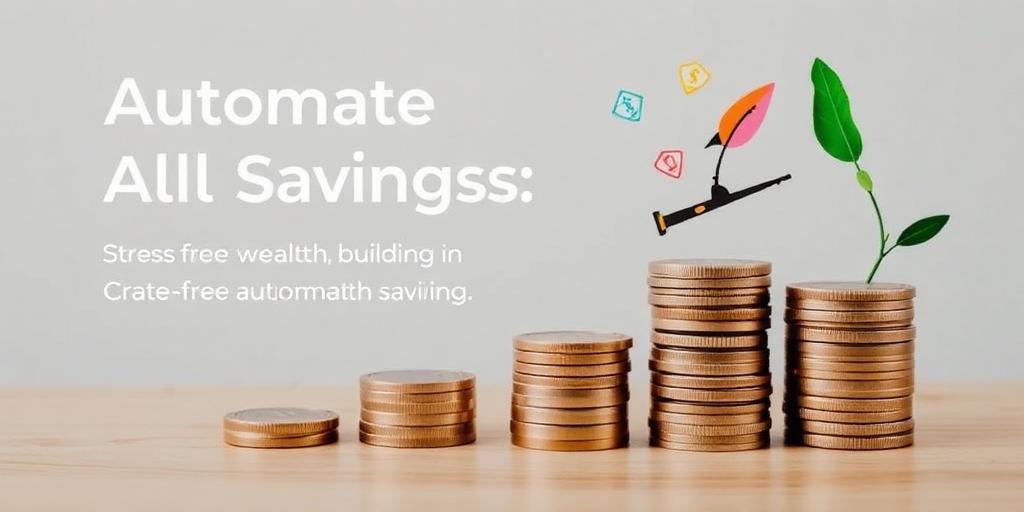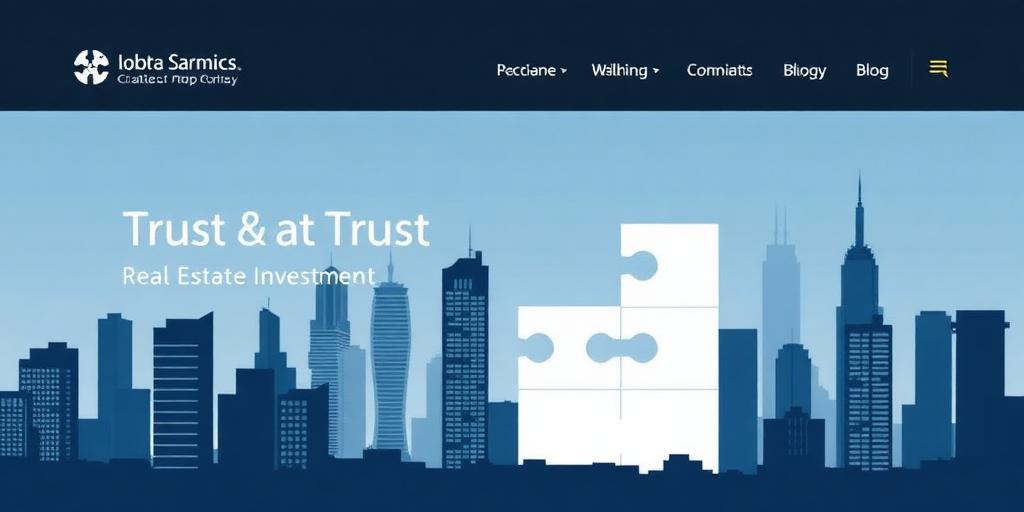How to Use Credit Responsibly and Avoid Traps
Credit can be a powerful tool for building wealth and achieving financial goals. However, it can also be a dangerous trap if not used responsibly. Understanding how to manage credit effectively is crucial for maintaining financial health and avoiding debt accumulation.
Understanding Credit Scores
Your credit score is a numerical representation of your creditworthiness. It is based on your credit history, including your payment history, the amount of debt you owe, and the length of your credit history. A good credit score can help you qualify for lower interest rates on loans and credit cards, while a poor credit score can make it difficult to obtain credit or secure favorable terms.
Key Factors Affecting Your Credit Score:
- Payment History: Making timely payments is the most important factor in determining your credit score. Late or missed payments can significantly lower your score.
- Credit Utilization: This refers to the amount of credit you are using compared to your total available credit. Keeping your credit utilization low (below 30%) can improve your score.
- Length of Credit History: A longer credit history generally leads to a higher credit score. The longer you've been using credit responsibly, the better.
- Credit Mix: Having a mix of different types of credit, such as credit cards, installment loans, and mortgages, can positively impact your score.
- New Credit: Opening too many new accounts in a short period can lower your score, as it may indicate financial instability.
Strategies for Responsible Credit Use
- Pay Bills on Time: Set up automatic payments to ensure you never miss a due date. This is the most effective way to maintain a good credit score.
- Keep Credit Utilization Low: Aim to use no more than 30% of your available credit. If you have a credit card with a $1,000 limit, try to keep your balance below $300.
- Avoid Maxing Out Credit Cards: Maxing out your credit cards can significantly lower your credit score and indicate financial distress.
- Monitor Your Credit Report: Regularly check your credit report for errors and signs of identity theft. You can obtain a free copy of your credit report from each of the three major credit bureaus (Equifax, Experian, and TransUnion) annually through AnnualCreditReport.com.
- Be Wary of Store Credit Cards: While store credit cards may offer attractive discounts, they often come with high interest rates and can encourage overspending.
- Avoid Payday Loans: Payday loans are short-term, high-interest loans that can trap you in a cycle of debt. Explore alternative options, such as personal loans or credit card cash advances, if you need emergency funds.
- Create a Budget: A budget can help you track your income and expenses, ensuring you have enough money to pay your bills on time and avoid overspending.
Avoiding Common Credit Traps
- Minimum Payments: Paying only the minimum amount due on your credit card can keep you in debt for years, as most of your payment goes toward interest.
- Late Fees: Late fees can add up quickly and negatively impact your credit score. Set reminders to pay your bills on time.
- High Interest Rates: Be aware of the interest rates on your credit cards and loans. Shop around for the best rates and consider transferring balances to lower-interest cards.
- Debt Consolidation: While debt consolidation can be a useful tool, it's important to understand the terms and fees involved. Ensure that the new loan or credit card has a lower interest rate than your existing debt.
Conclusion
Using credit responsibly requires understanding the factors that affect your credit score and implementing strategies to manage your debt effectively. By paying bills on time, keeping credit utilization low, and avoiding common credit traps, you can build a strong credit history and achieve your financial goals.

